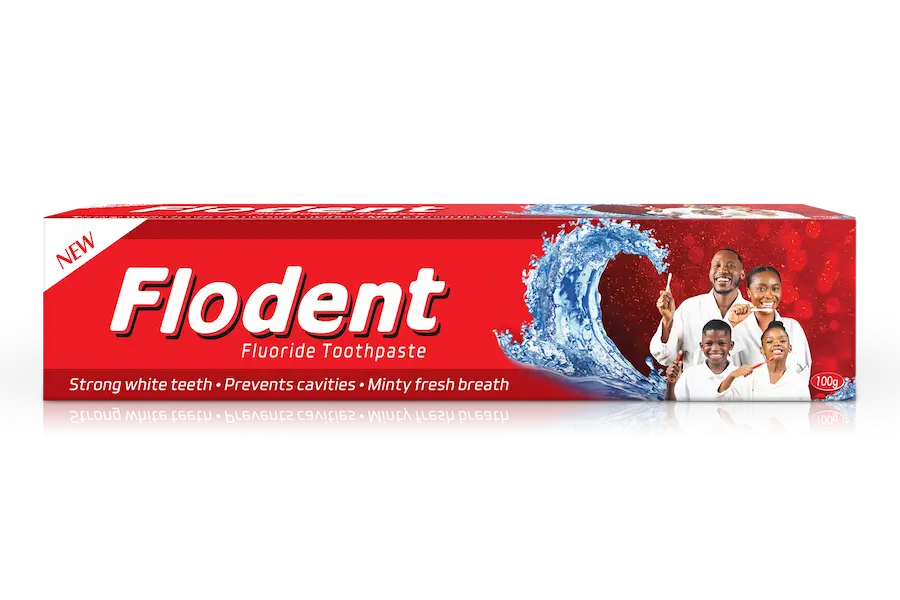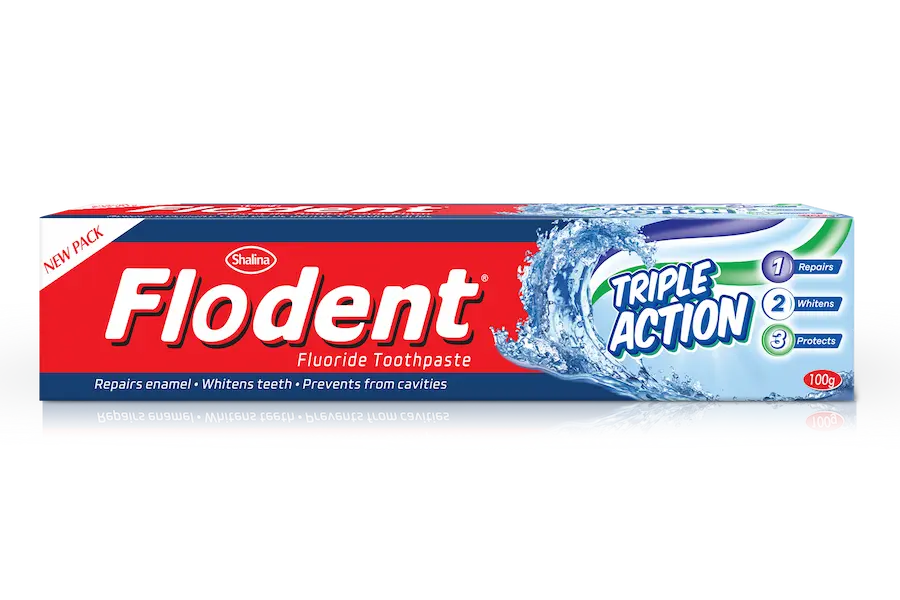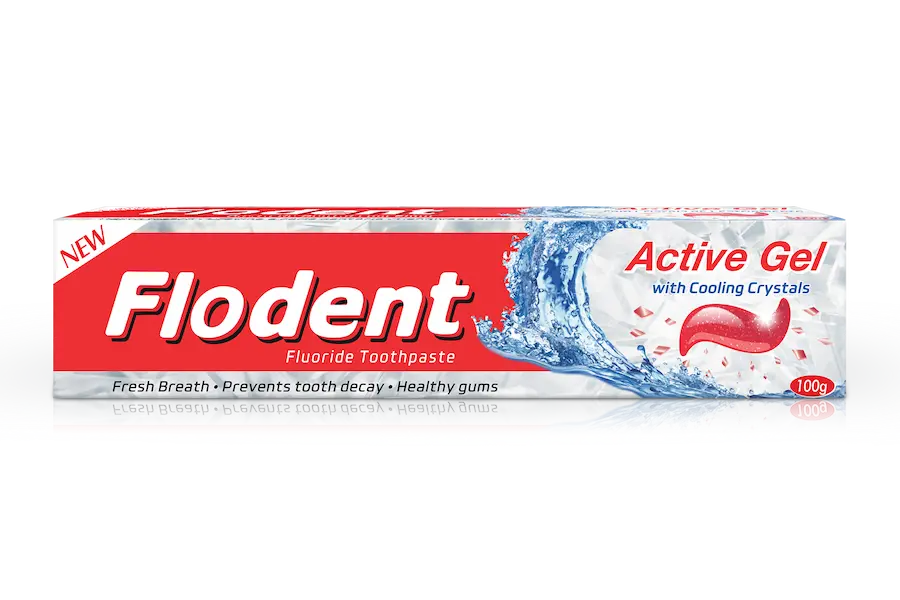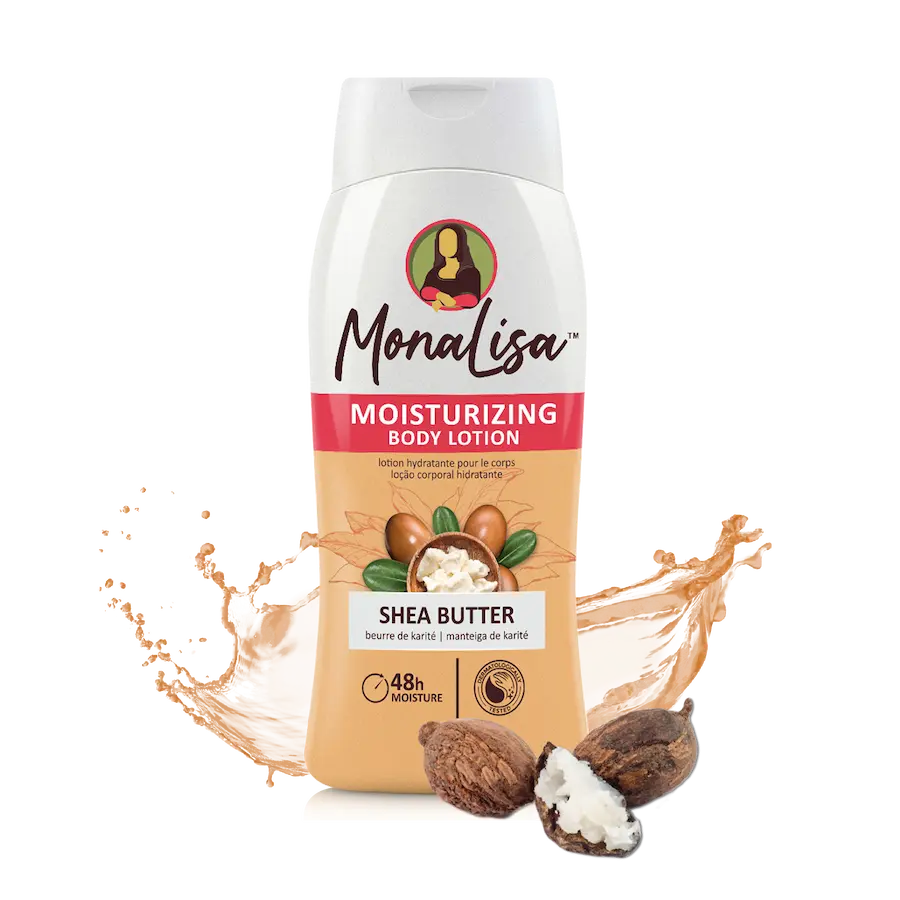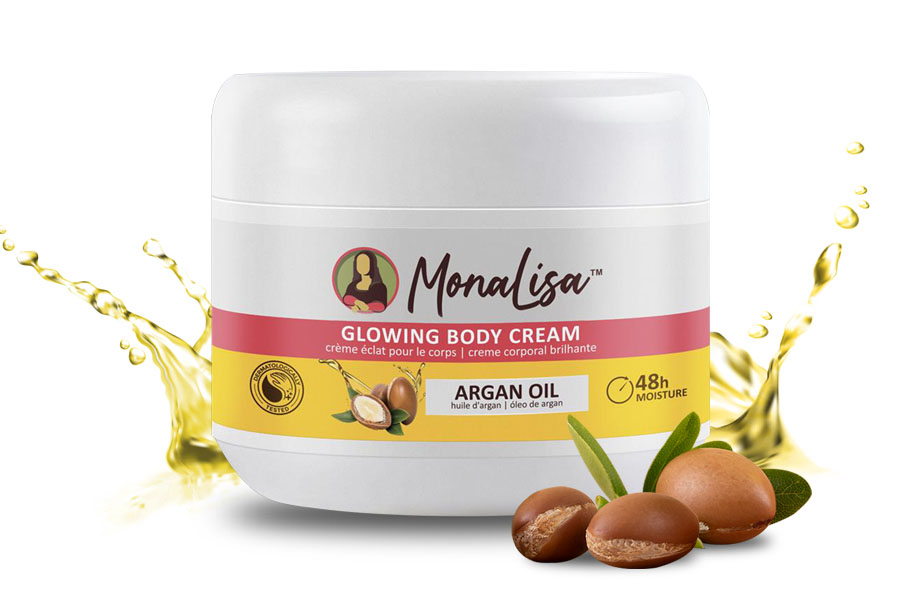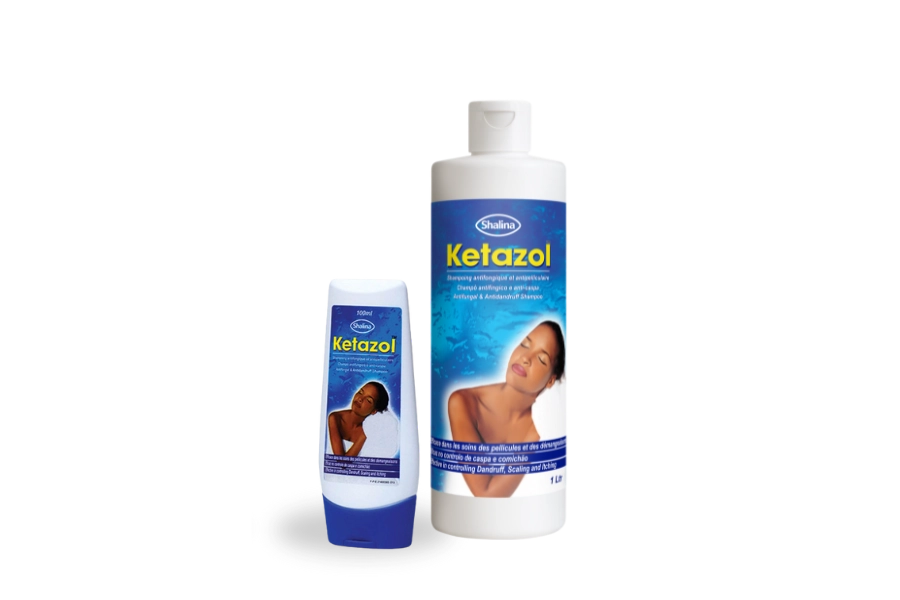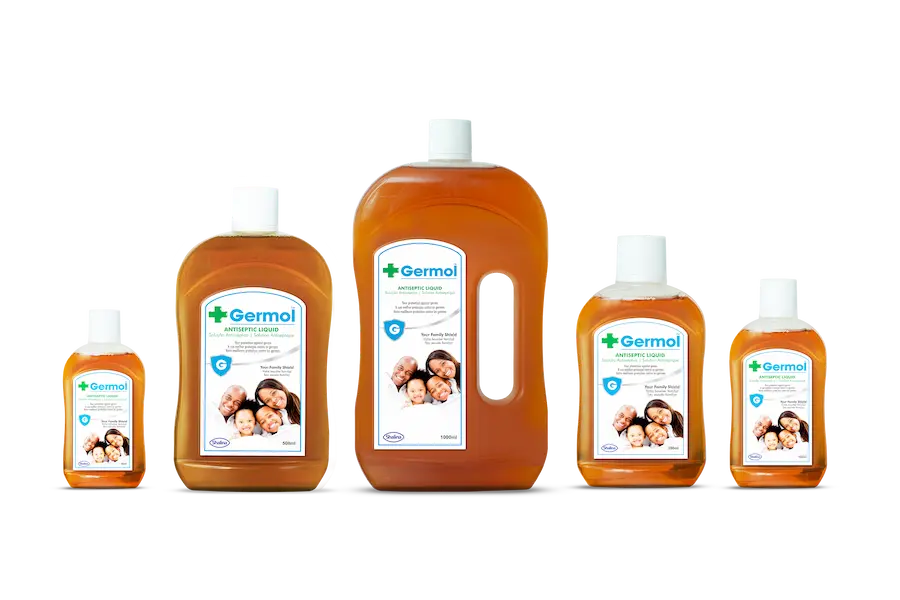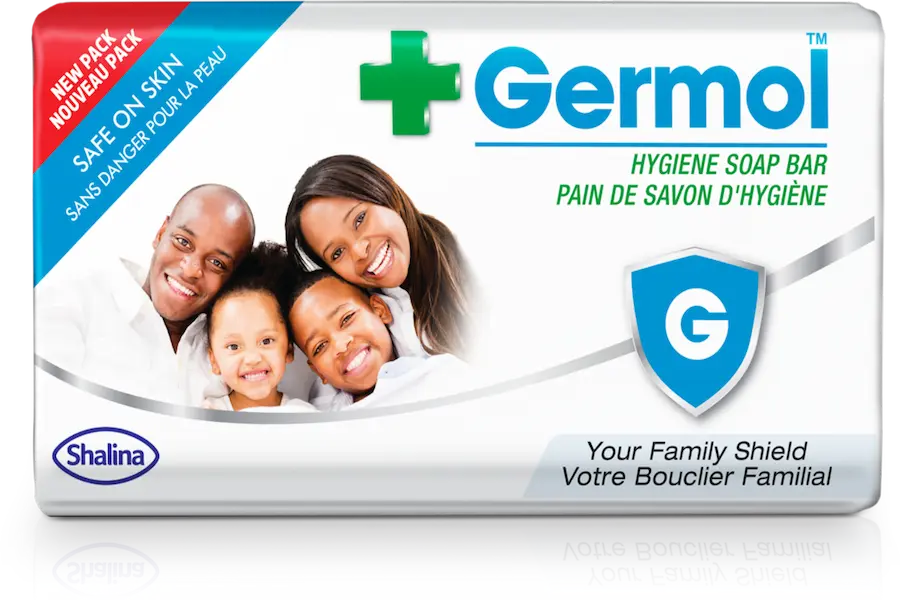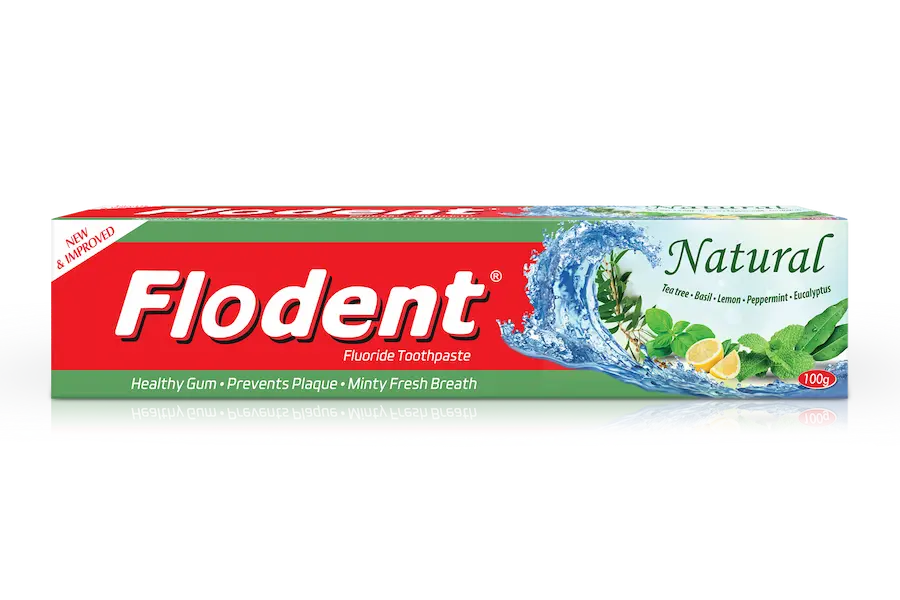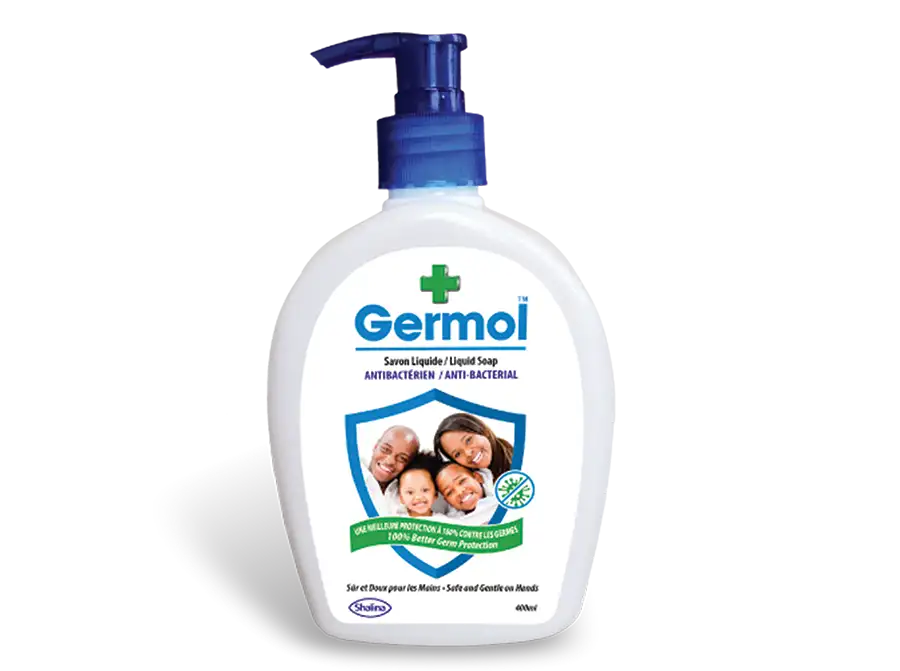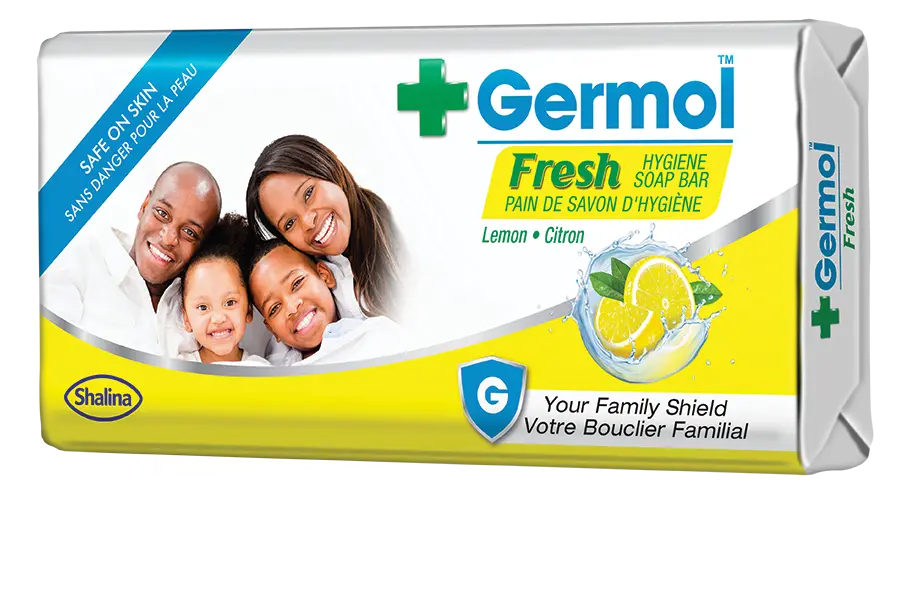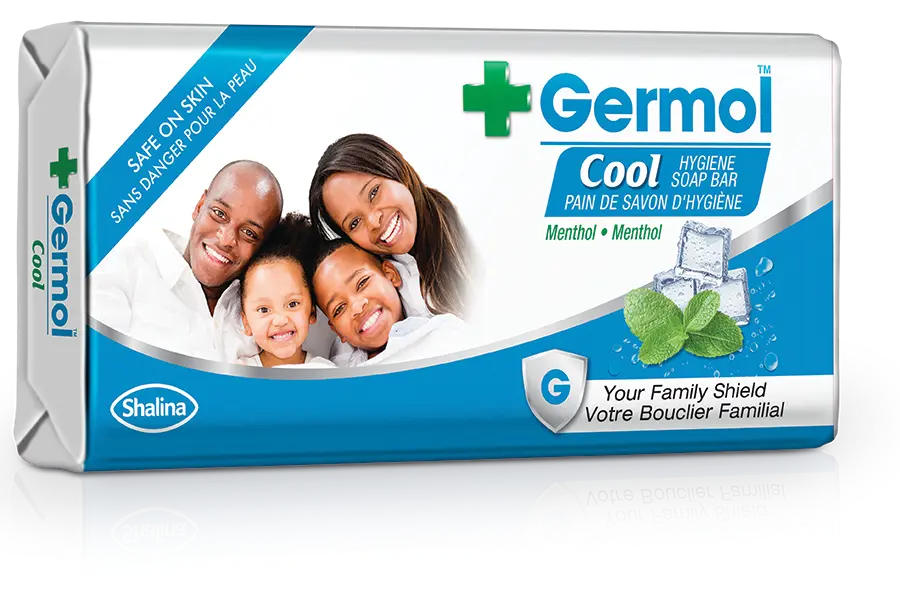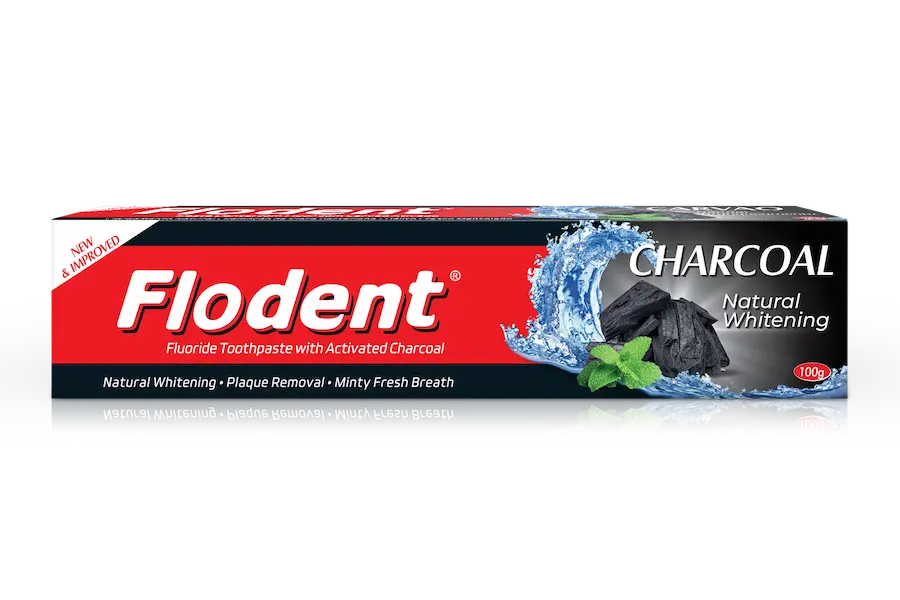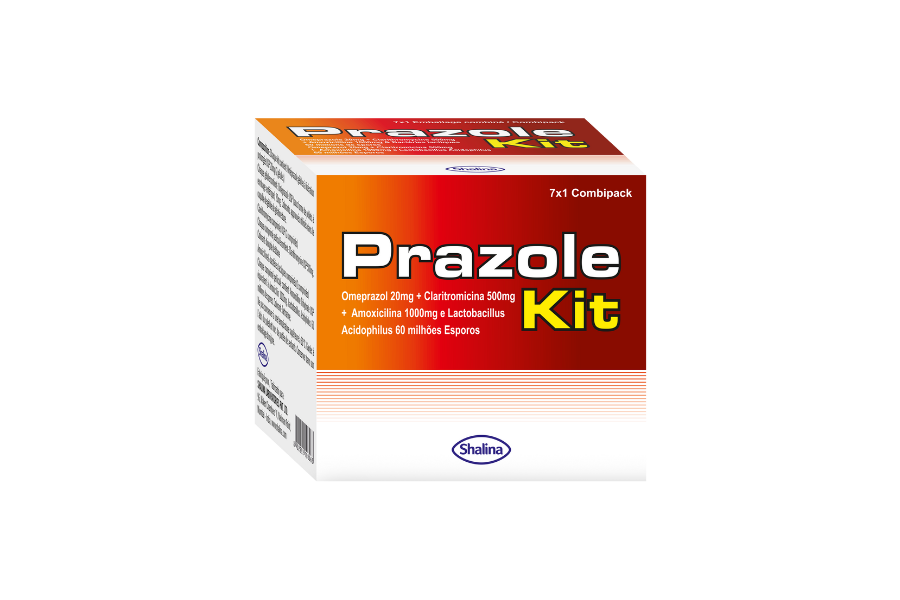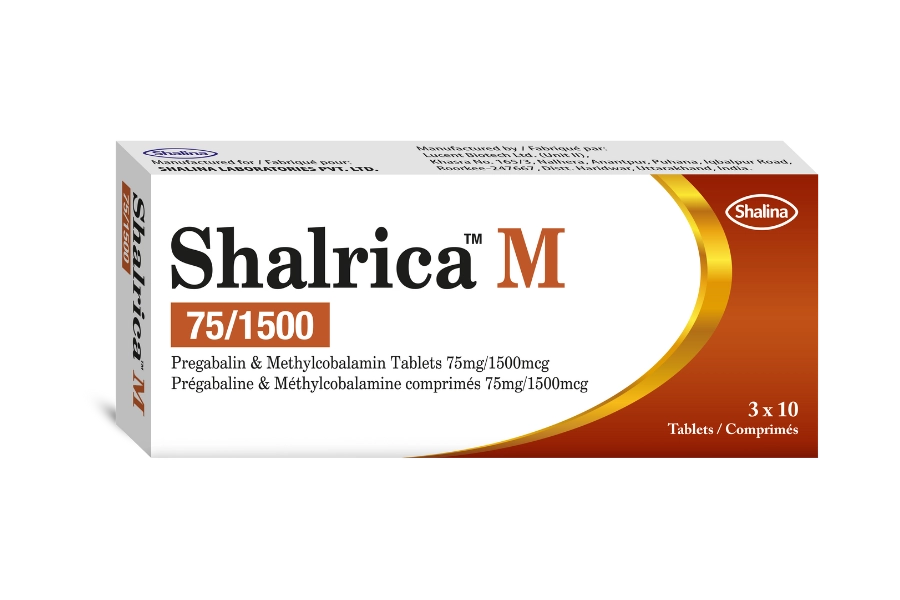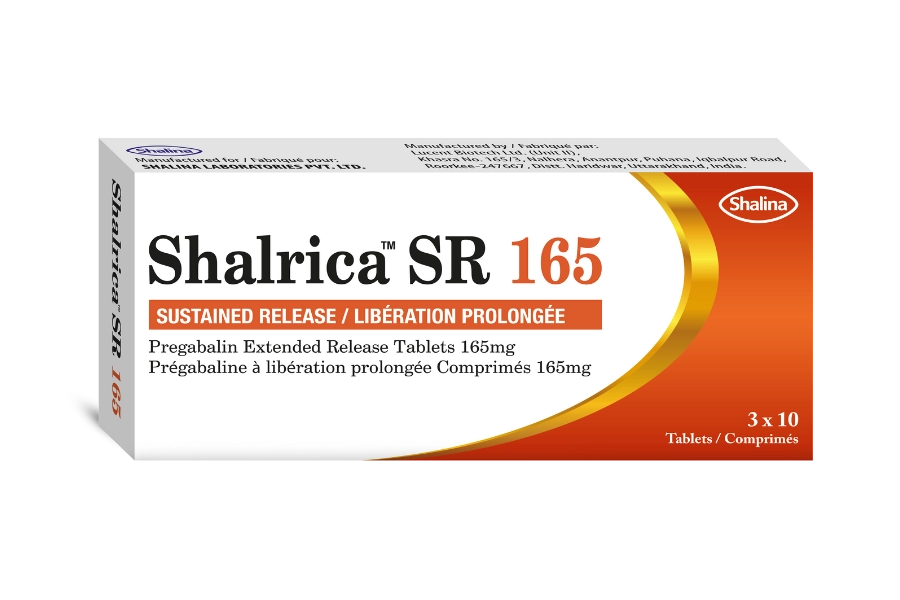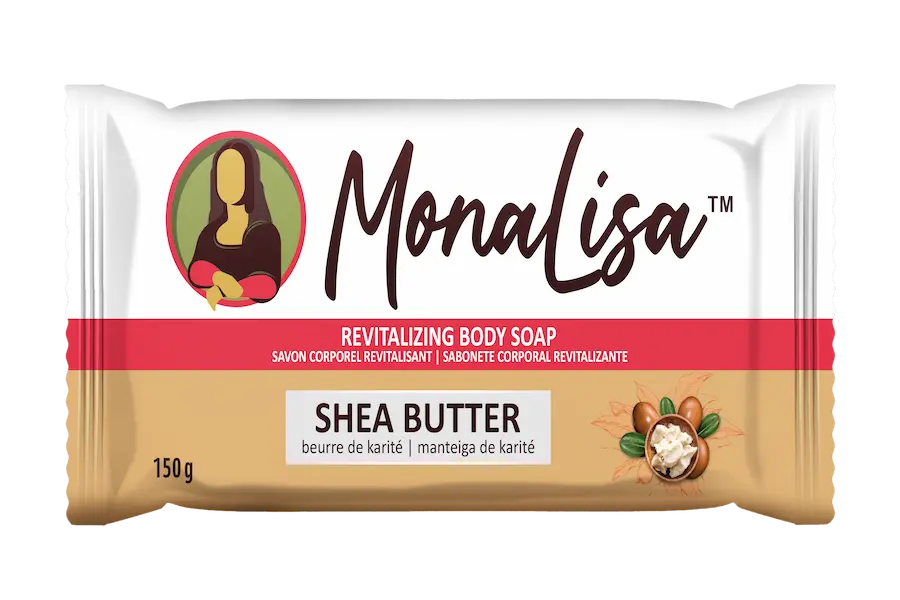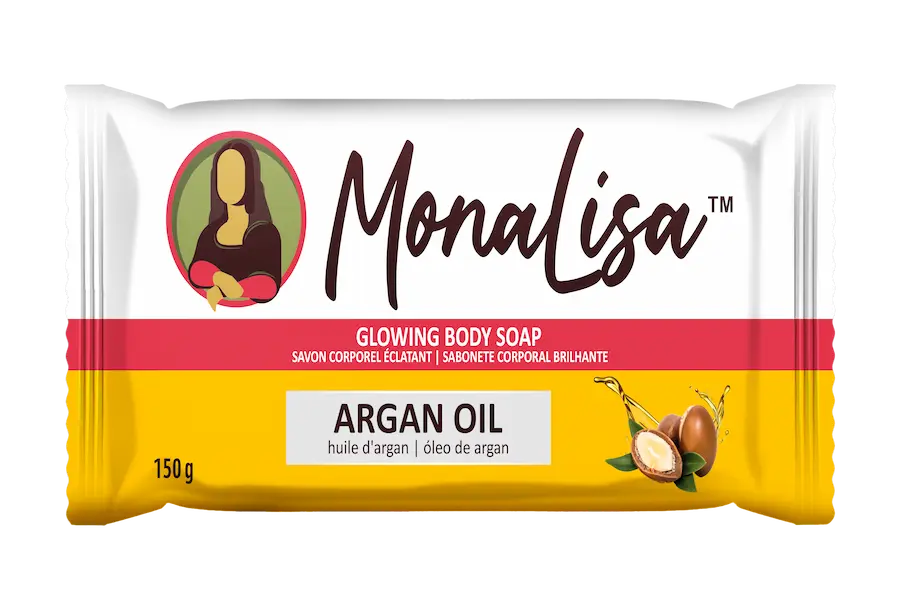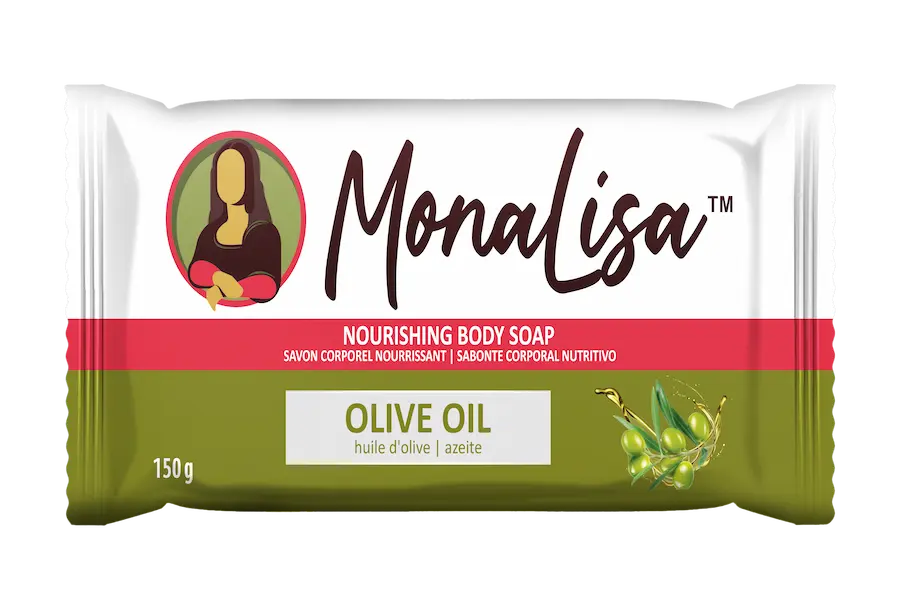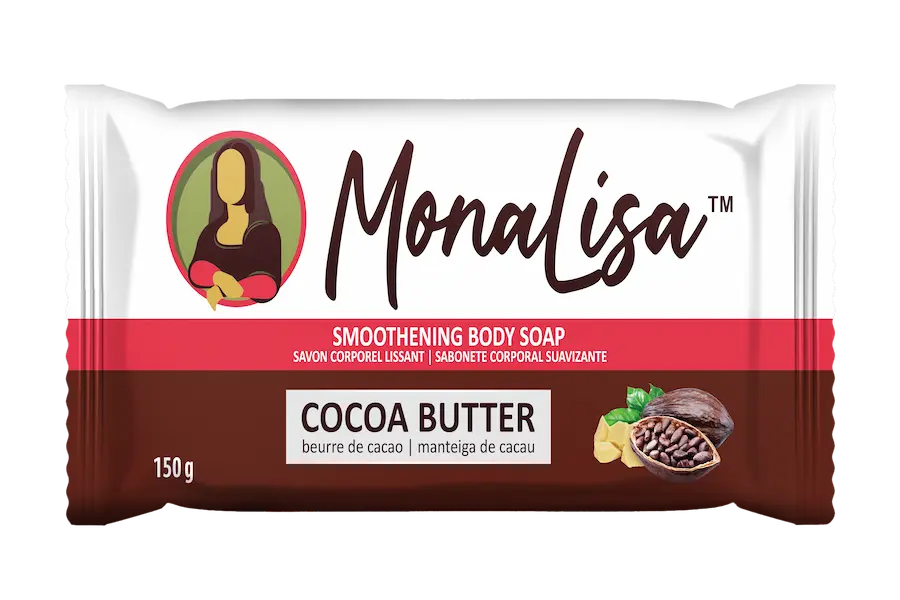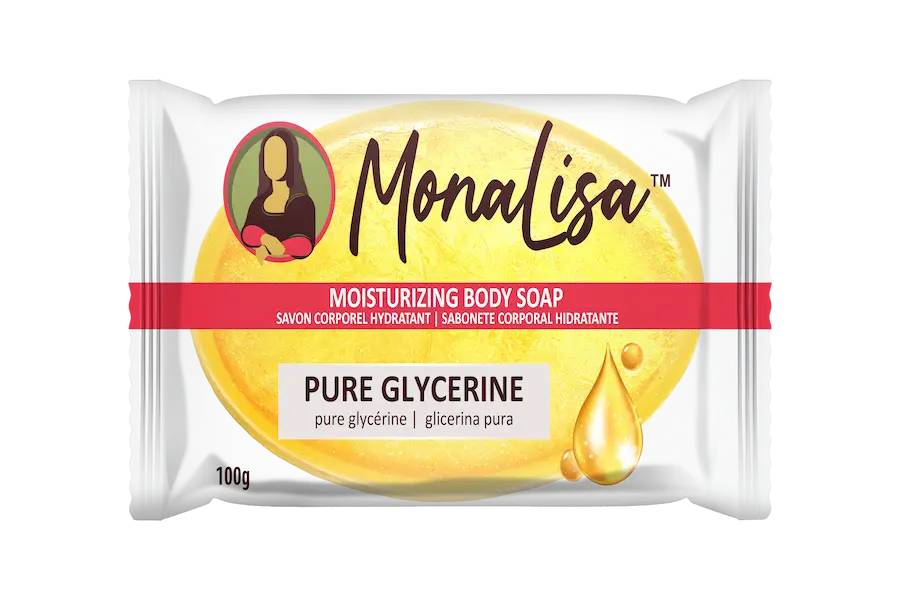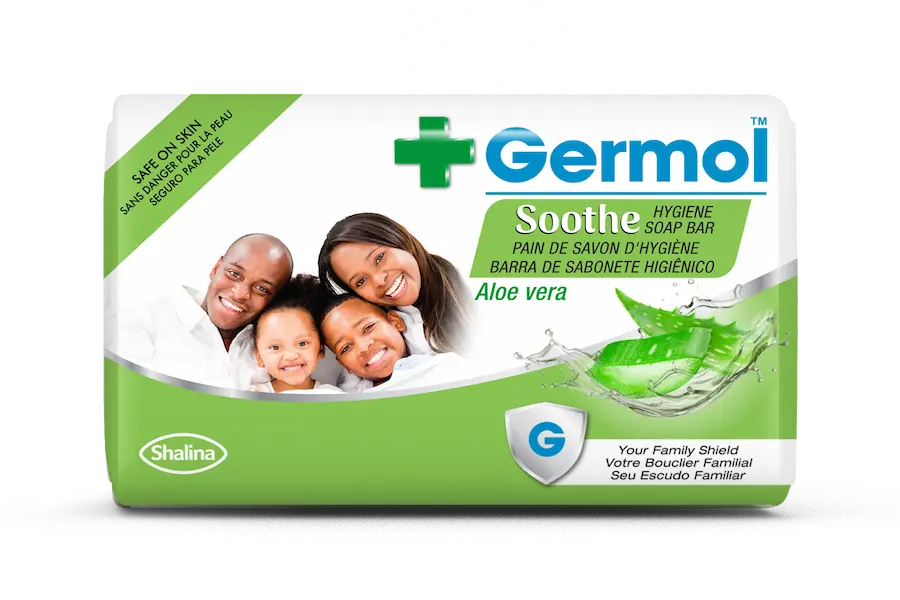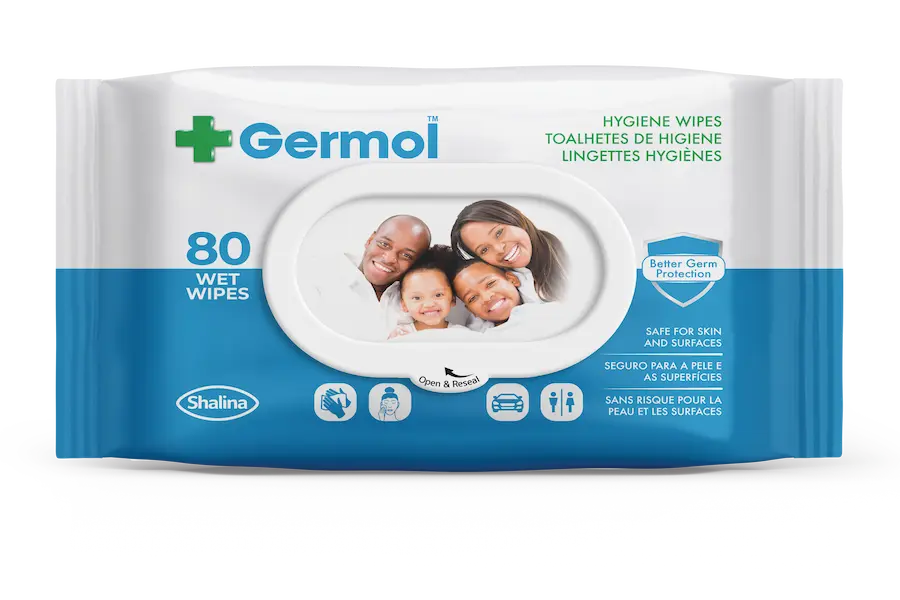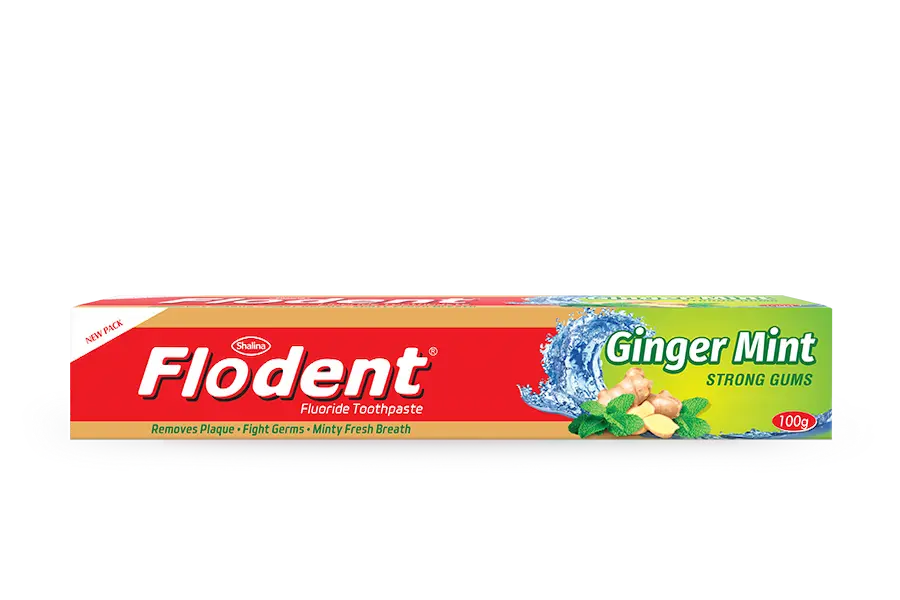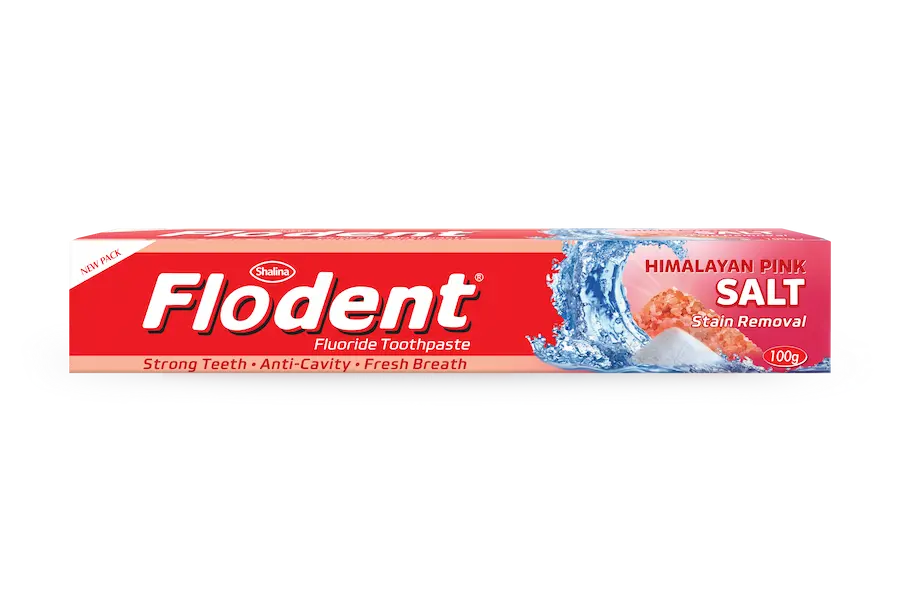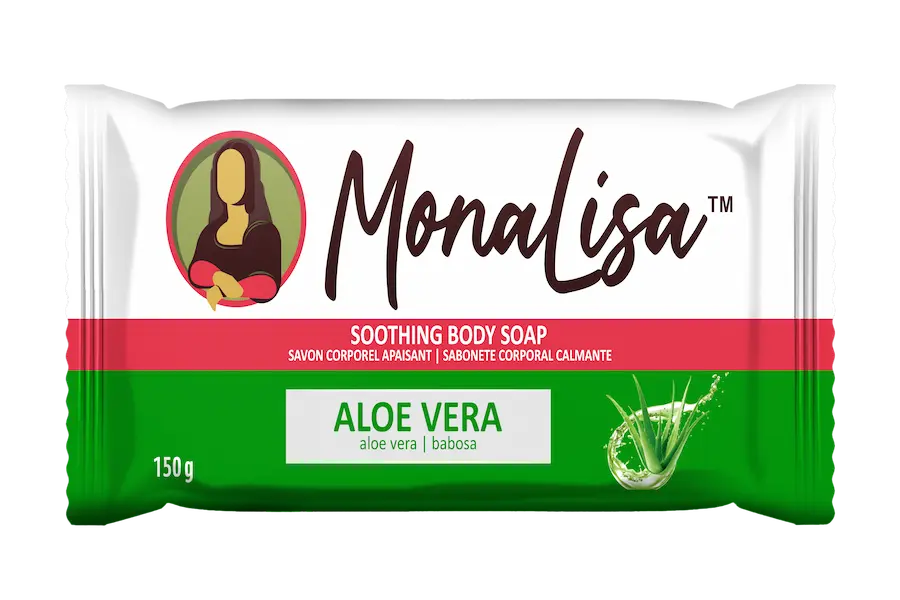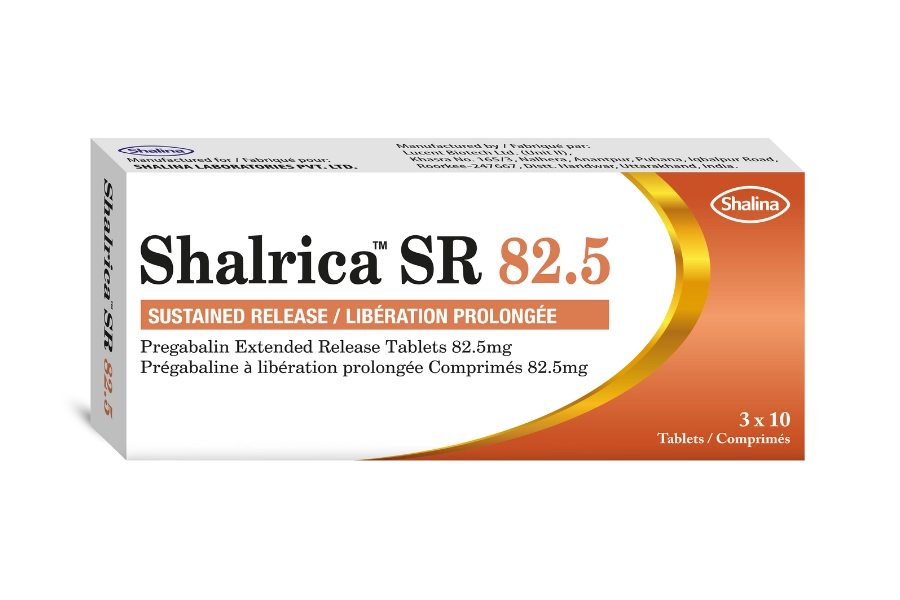Picture this: you’re sitting in your office chair or lounging in the living room when you realize you’ve been scratching the intense itching of your skin a lot more than usual. When you examine the itchy places, you discover a red, flaky patch of skin. You probably head straight to the internet to figure out what’s going on and you might be left wondering whether it’s psoriasis or eczema. Here’s how to tell the difference, without a medical degree!
What Causes Them?
Eczema and psoriasis both involve your immune system acting up, but they do it in different ways.
- Eczema is usually linked to an overreactive immune system that makes your skin super sensitive. It can show up at any age and is often triggered by things like allergies, irritants, or even stress. No one knows the exact cause, but genes and the environment both play a part.
- Psoriasis is an autoimmune condition that speeds up how quickly your skin cells grow. Instead of shedding normally, the skin builds up into thick, scaly patches. It’s more common in adults and can sometimes be linked to other health conditions too.
They are not contagious, but both are chronic, which means they tend to come and go over time.
What Does It Look Like?
Both conditions cause redness, itching, and dryness. But there are some key differences.
Eczema signs:
- Intense itching
- Red, inflamed patches
- Dry, cracked, or oozing skin
- Common in the folds of elbows, knees, neck, or hands
- Skin may be very sensitive and easily irritated
Psoriasis signs:
- Thick, red patches with silvery-white scales
- Can appear on the scalp, elbows, knees, or lower back
- Skin is dry and may crack or bleed
- Nails may become thick or pitted
- Joints can feel stiff or swollen (especially with psoriatic arthritis)
What Can You Do About It?
- For eczema, keeping your skin moisturised is key. Avoiding triggers, using gentle products, and sometimes using steroid creams or antihistamines can help.
- For psoriasis, you may need treatments that slow skin cell growth—like topical creams, light therapy, or even immune-targeting medications for more severe cases.
If your skin just won’t settle, or if you’re not sure what you’re dealing with, don’t guess. A quick check-in with a doctor or dermatologist can make a huge difference.
References
National Eczema Association. What is Eczema? https://nationaleczema.org/eczema/
U.S. National Library of Medicine. Eczema. https://medlineplus.gov/eczema.html
National Eczema Association. Is it Eczema or Psoriasis? https://nationaleczema.org/eczema-or-psoriasis/
CDC. Psoriasis. https://www.cdc.gov/psoriasis/index.htm
Mayo Clinic. Psoriasis. https://www.mayoclinic.org/diseases-conditions/psoriasis/symptoms-causes/syc-20355840
American Academy of Dermatology. Are triggers causing your psoriasis flare-ups? https://www.aad.org/public/diseases/psoriasis/triggers/flares
National Eczema Association. Managing Itch. https://nationaleczema.org/eczema/itchy-skin/










